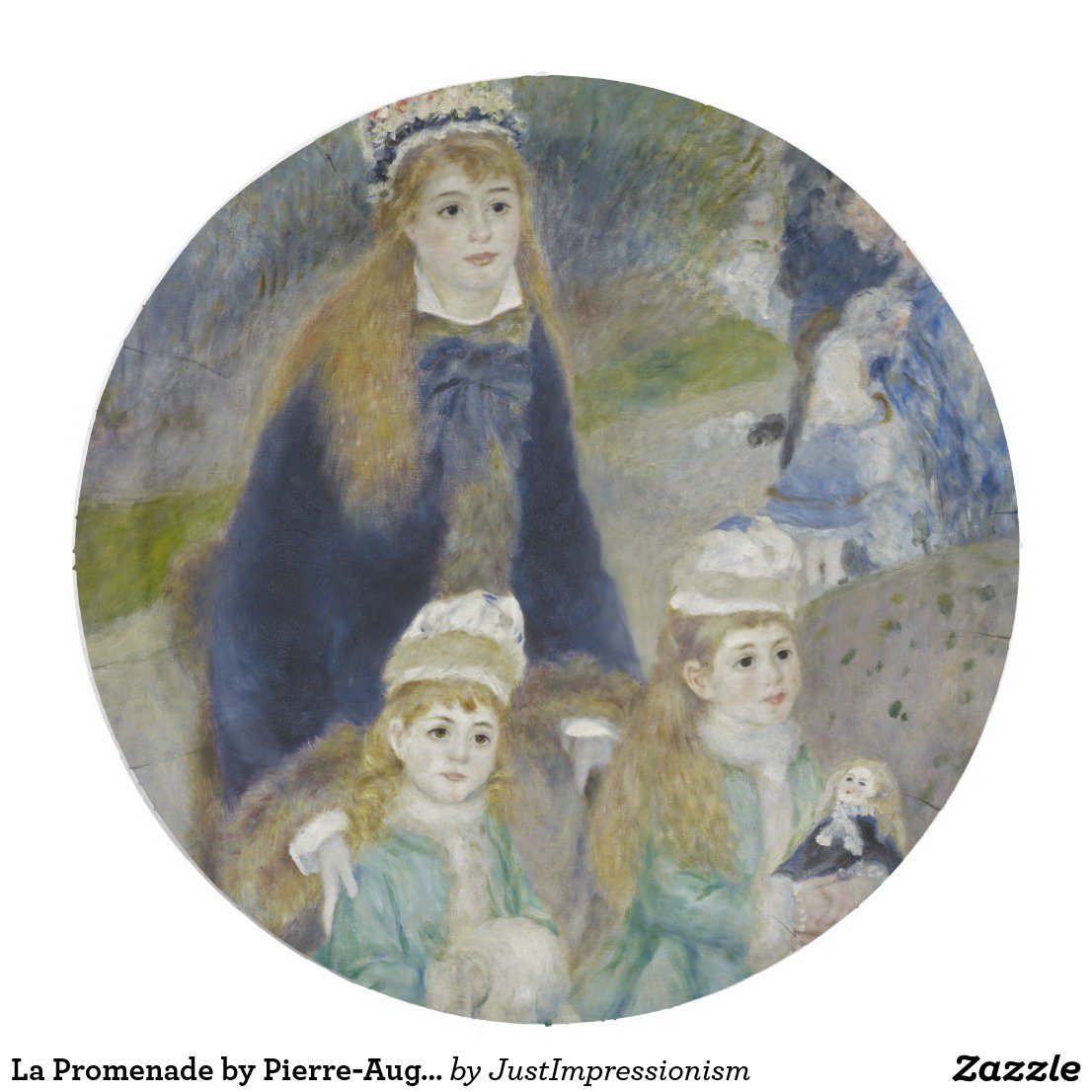In which we argue that artworks and art galleries function by exploiting the cognitive mechanisms usually involved in ordinary, day-to-day communication.
link.springer.com/article/10.100…
I love this paper!
A thread.
1/14
2/
3/
4/
dan.sperber.fr/wp-content/upl…
5/
Both sides has a working knowledge of the other and wanted to make the links tighter. Lots of back & forth.
6/
dan.sperber.fr/?p=93
7/
thomscottphillips.com/book/
8/
9/
But unlike gurus and charlatans, artists are trying to create artefacts that reward extended contemplation.
10/
11/
12/
13/
Special kudos to Kate, who did a superb job as first author.
Here's the link again. We'd love to get your feedback!
link.springer.com/article/10.100…
14/end
@AndrewGrahamDix @aiww @mlle_elle @johnhiggs @1lubaina @martincreed







